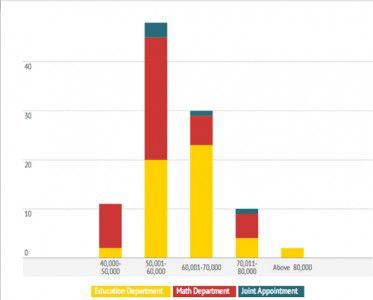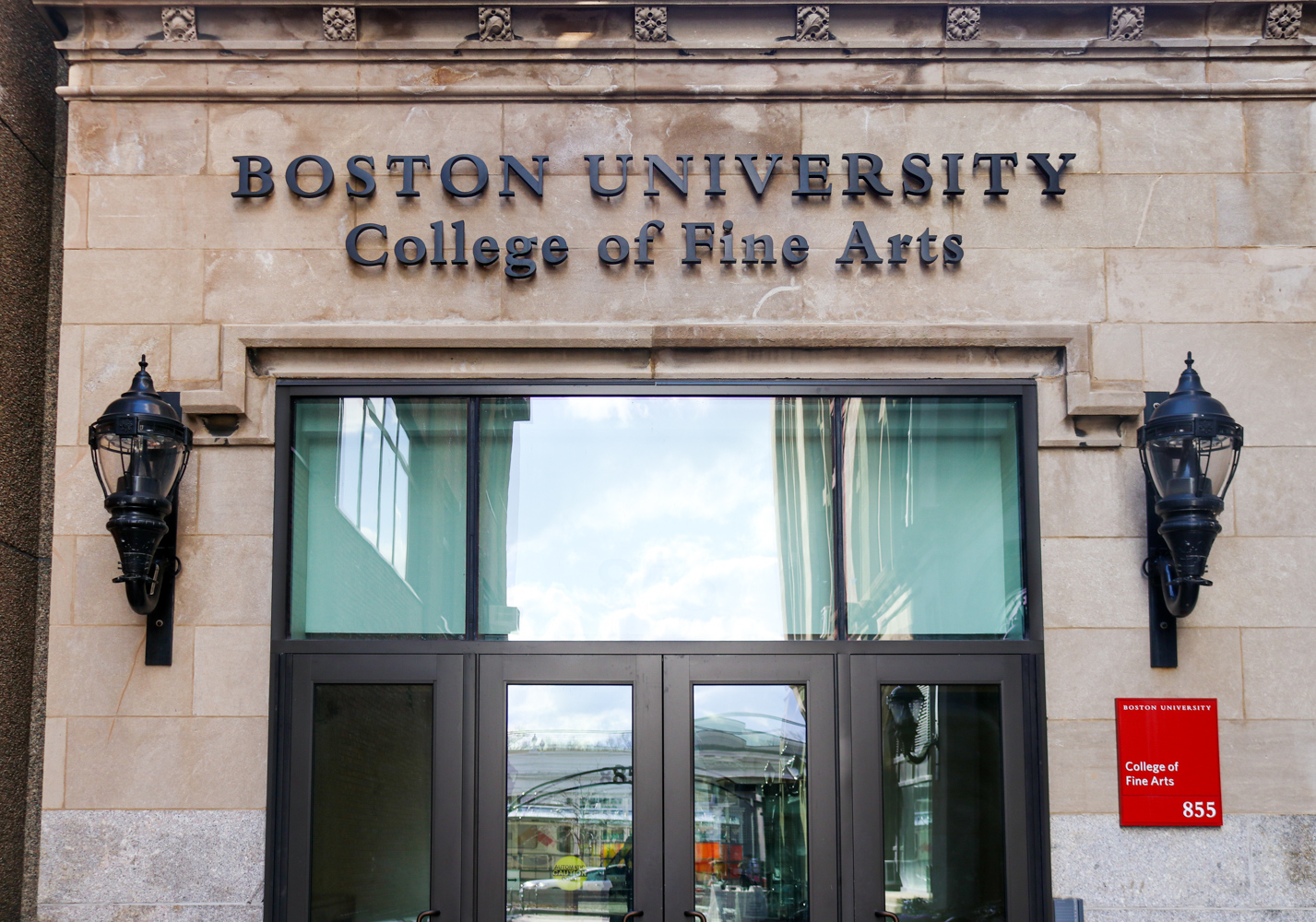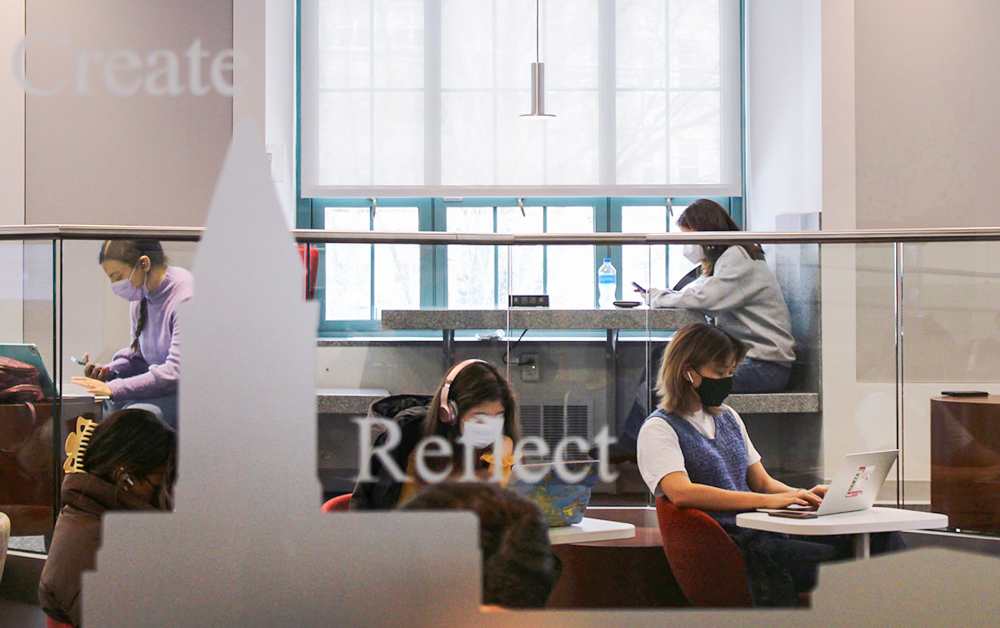
Although higher education institutions across the U.S. continue to struggle to fill openings in mathematics education, according to a survey of colleges and universities, Boston University has not experienced such problems, officials said.
Mary Elizabeth Matthews, a doctoral student studying math education, said the need for mathematics teachers to educate students on how to teach has increased, which contributes to a significant number of unfilled positions.
“If we do not adequately prepare teachers to have an in-depth knowledge of their material as well as how to teach it, we cannot expect their students to posses the knowledge or skills they will need in their lives or various careers,” Matthews said.
Researchers surveyed more than 100 colleges and universities where job searches for tenure-track math education positions were posted and found of the 70 percent of institutions that began searching for employees in the fall 2012 semester, about 25 percent had filled the positions by December or January.
“This study documents that, while there is not the excess of jobs for doctorates in mathematics in institutions of higher education that there has been in the past, there are still jobs for doctorates in mathematics that were unfilled,” the study, which will be published in the April 2013 American Mathematical Society “Notices” issue, stated.
Robert Reys, co-author of the study and University of Missouri professor of math education, said in an email that he analyzed the job market for positions in both higher education departments of math and in the schools of education.
“When people complete a doctorate in mathematics education, they have many different job options,” Reys said. “… So institutions of higher education are competing with many other job opportunities, and many of these options pay more than institutions of higher education.
BU Mathematics and Statistics Chair Tasso Kaper said this national trend is not reflected in BU’s math department.
“In the past decade, the quality of the faculty that [BU’s] Department of Mathematics and Statistics has been able to recruit has increased,” Kaper said. “All of our openings in the past 10 years have been filled.”
At BU, there are a number of specific degree programs to pursue careers in math education in the College of Arts and Sciences and in the School of Education at all levels, he said.
“These programs offer good opportunities for BU students, and we hope to attract more students to these programs to help ameliorate the critical national shortage of professionals in the field of mathematics and statistics education,” Kaper said.
Matthews said BU has used a variety of strategies to ensure that positions in math education are filled.
“One solution, which has worked for BU, is to pursue high-quality master’s candidates in education to pursue a doctorate,” she said. “If they are encouraged to continue their studies and funded to do so, the pool of candidates will be widened.”
Compared the original study in 2006, the 2013 study found about half of the overall unfilled positions made available have remained unfilled. Across the U.S., there have been more job opportunities in math education than qualified people to fill them.
“It is important to credit BU for weathering this storm very well,” said William Zahner, a mathematics education professor. “While many departments have shrunk over the past six years, we have expanded and hired top notch-faculty.”
Maintaining a full-time faculty is important to building and sustaining programs and to developing new courses, Zahner said.
“Part of the reason there are so many openings, and why some universities will be hiring two years in a row, might be because many universities are starting to hire again as the financial picture brightens,” Zahner said.
The funding for higher education institutions has declined due to state revenue cuts from the economic recession, which has caused some institutions to avoid hiring even if positions are available, according to the study.
College of Arts and Sciences sophomore Joseph Stahl said it is important for openings to be filled by qualified educators for the sake of students.
“If there is a lack of mathematics educators, it could negatively impact the students who get a professor at the last minute who might be forced to teach something he or she isn’t so familiar with,” he said. “That could hinder students’ understanding.”
































































































































